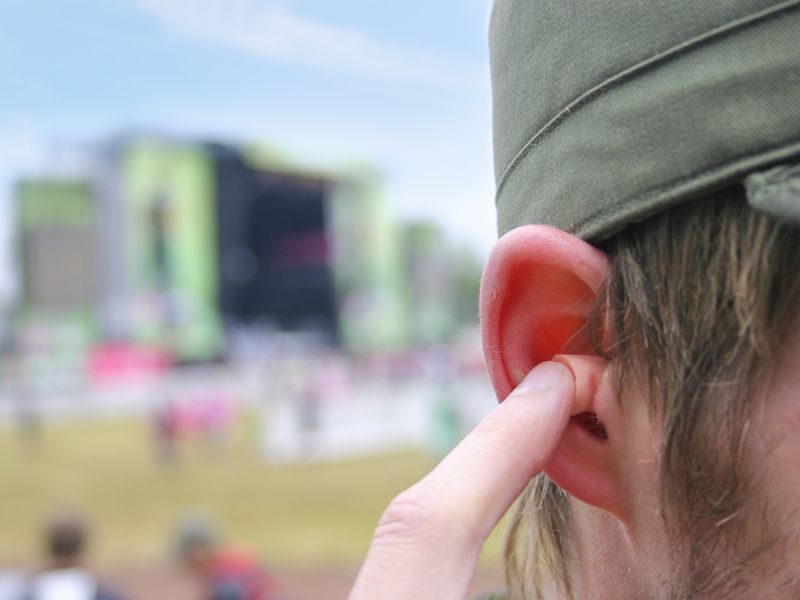
Earplugs can be practical if you’re subjected to loud sounds, such as for example, something as basic as a snoring spouse, or a lawnmower in your backyard, or going to an arena to see a concert. In the first two instances, they can assist in protecting your hearing by turning down the volume. They help save your peace of mind and possibly even your relationships, in the last case, by permitting you to get a good night’s sleep. But are these ear protectors, actually, causing harm to your ears?
What’s The Point of Using Earplugs?
It’s a pretty simple argument for using earplugs: When used properly, earplugs can limit your exposure to excessive noise levels and thereby safeguard your hearing. After you leave a loud place, say a football game where the Jumbotron keeps exhorting the crowd to, GET LOUD, whenever the other team kicks off, you’ve most likely noticed that your hearing seems different, and you might also suffer from symptoms of tinnitus. This occurs because those extremely loud sounds actually bend the tiny hair cells inside of your inner ear. In a day or two, when the hairs have recovered, it usually goes away.
But in a few particular instances, there is a persistent attack on those little hairs, especially if you work in a high volume profession such as the music business or in an airport. In this case, those hairs don’t recover, they are permanently damaged. There are about 16,000 of those tiny cells inside each cochlea, but up to 50% of them can be injured or destroyed before your hearing has changed enough for the deficiency to appear in a hearing exam.
Is it Possible That Your Hearing Could be Damaged by Earplugs?
That being said, you’d think that wearing earplugs would be an obvious choice when it comes to protecting your ears. But particularly if you’re in situations where you’re exposed to loud noises regularly (like on the job or with the previously mentioned snoring spouse), over-the-head earmuffs or noise-reducing (but not completely blocking) headphones are a better option. Earplugs aren’t well suited to daily use but are better suited to one time occasions such as a sports event or a concert.
Why? The first problem is, earwax. In order to protect themselves, your ears produce earwax, and if using earplugs is something you do all of the time, they will produce more of it, and you’re likely to jam it in with the plugs. Tinnitus and other issues can be the result of impacted earwax.
An ear infection can also be the consequence from too much use of earplugs. They can become bacteria traps if you wear the same pair but fail to properly clean and disinfect them. Ear infections are, at a minimum, an uncomfortable annoyance. If neglected, in the worst instances, they can trigger an ear infection.
How Can You Safely Utilize Earplugs?
Earplugs nevertheless have a strong upside, whether it’s safeguarding your hearing or getting a peaceful night’s sleep. Using them in the right way and using the right kind is the secret to success. Foam earplugs are the least costly, which is helpful because you really shouldn’t reuse them, the soft, porous material is a germ’s haven. Silicone or wax earplugs are reusable, but you need to keep them sanitized, wash them with warm water and mild soap to cleanse them, and don’t put them back in your ears until they’re totally dry. Accumulation of dampness can cause mold and bacteria so keep your earplugs in a well ventilated place.
You may want to talk to us concerning custom fit earplugs if you need or want them on a regular basis. These are crafted from unique molds of your ears, they can be reused and because they’re fitted to your ears, their comfortable. Again though, to stop any possible hearing problems, it’s essential to put into practice smart earplug hygiene!